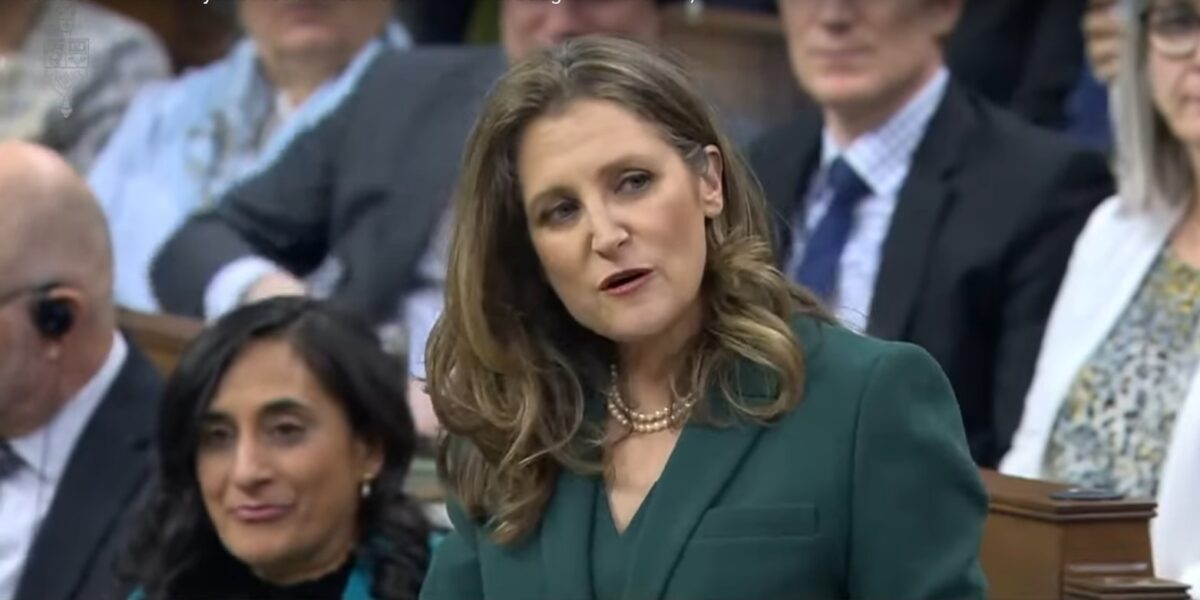The Liberals came out swinging against the rich in their budget this week. But they didn’t swing hard enough.
By that, I mean there is room to raise a lot more revenue from those in the upper reaches of Canada’s wealthy elite.
But I also mean that swinging hard against the rich could be a very effective political strategy — maybe the only strategy that could enable the Liberals to change the political conversation to one where they could potentially pummel Pierre Poilievre.
The Conservative leader has managed to dominate the political discourse for months now with his far-fetched refrain that the carbon tax is the main source of today’s affordability crisis (even though, hidden in plain sight, is the carbon rebate, which refutes his case).
Far-fetched or not, the Conservative strategy has worked, allowing Poilievre to pitch himself as a populist, as a tough guy who stands up to the almighty environmentalists who’ve managed to get carbon taxes onto the political agenda.
But Poilievre never stands up to the corporate elite, which, unlike the environmental movement, is truly powerful and does drive up prices and keep down wages, making life unaffordable for regular folks.
To undercut Poilievre, someone has to rip off his faux-populist mask and out him as a corporate apologist whose agenda is about serving rather than taxing the truly powerful.
Finance Minister Chrystia Freeland, even when she’s making the case for higher capital gains taxes on the richest 0.13 per cent of Canadians, doesn’t come across as particularly populist. Citing statistics and international comparisons, she sounds more like she’s addressing a meeting of the OECD.
What’s needed is someone like Charlie Angus, the fiery populist NDP MP, who unfortunately has announced plans to retire.
The Liberals are from a different mould, friendly to the corporate world and essentially centrists.
Yet even a long-time centrist like Joe Biden has, in his years as U.S. president, spoken out much more ardently in favour of taxing the rich than the Liberals.
Biden’s plan for taxing the uber-rich is much more ambitious and he comes across as genuinely passionate about it, as he demonstrated in his recent State of the Union address. He likes to highlight his working class roots in Scranton, Penn., characterizing his battle against Donald Trump as “Scranton versus Park Avenue.”
There is, after all, a powerful case to be made in Canada that far too much money is going to the top.
Today’s “affordability crisis” is not because of carbon taxes but because, in recent decades, business interests have strong-armed governments into redesigning the marketplace to favour their own interests, through tax and regulatory changes, and the rewriting of labour laws to disempower workers.
These “neo-liberal” changes haven’t brought us the productivity gains that were promised, but they have made us a much less equal society.
Data released last fall by Statistics Canada show that, in 2021, the top .01 per cent of Canadians saw their incomes grow by an astonishing 30 per cent, which gave them average annual incomes of $12.5 million. Meanwhile, the bottom half of Canadians — some 14 million working people — saw no income gains. In fact, their incomes dropped.
We need to reverse the “neo-liberal” policies that are responsible for such extreme inequality.
And we also need to reclaim some of the gains unfairly redirected to the top, in order to invest in programs badly needed to help Canadians and to fund climate action.
Part of the neo-liberal project has been to reduce our sense of what can be accomplished as a country when we act collectively.
In a recent New Yorker article about Britain’s decline after years of cutbacks and austerity, Sam Knight lamented the “shrinking sense of what is possible.”
Enlarging our sense of what is possible for ordinary people is the true populist goal — and one that ultimately could be far more appealing than the phoney populism Poilievre is offering.



